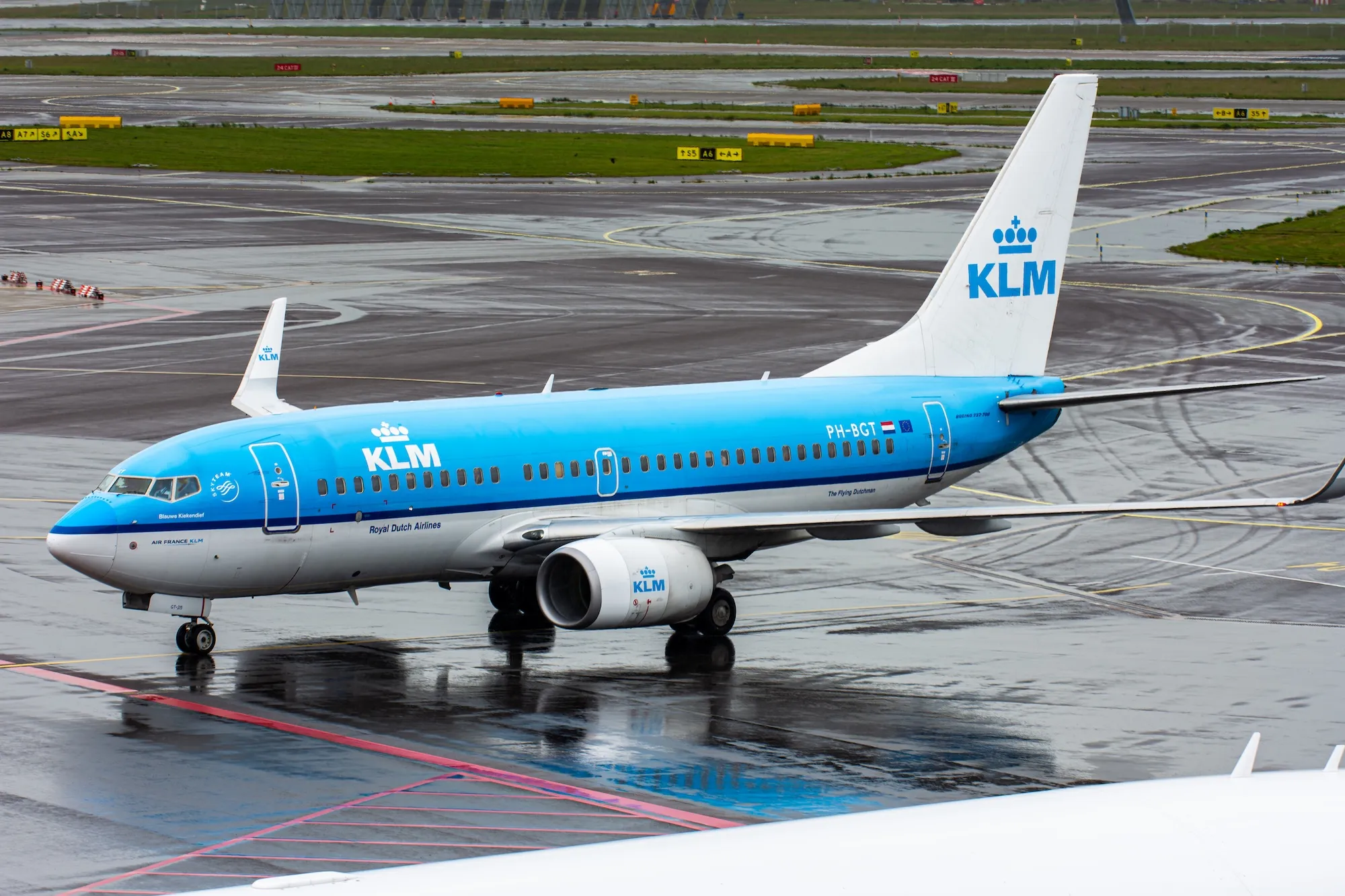AMSTERDAM — According to KLM (KL), research conducted by Markteffect shows that 74% of surveyed Dutch passengers would consider departing from airports in Belgium or Germany, rather than flying out of the Netherlands, to avoid increased costs if airline tickets rise further due to a higher flight tax.
The Cabinet announced a proposed increase in flight tax on Prince's Day (known locally as Budget Day). The increase could generate revenue of around 1.1 billion Euros per year for the Netherlands from 2027 onward.
However, it could also make flying from the Netherlands unaffordable for many travelers. A Dutch family (of four) could pay up to €200 in flight tax for flights to popular destinations in Greece or Turkey if the proposal goes through.
High Flight Taxes
The Netherlands is already a country where passengers pay hefty fees in flight taxes. A family with two children currently pays €120 in flight tax per trip. In neighbouring Belgium, the maximum flight tax per ticket is €10. While Sweden is abolishing the flight tax, Germany is considering reversing a recent increase in flight taxes.
“This flight tax makes the Netherlands the most expensive country in the European Union for air travel, no matter the distance. As a result, even more Dutch travelers are choosing to drive across the border to fly from airports in neighboring countries.” KLM CEO, Marjan Rintel, said.
Impact on the Aviation Sector
As a result, airports and airlines operating in the Netherlands could see a drop in passengers if travelers depart from airports in neighbouring countries to avoid paying higher flight taxes. This could indeed have a profound impact on the Netherlands’ aviation sector, as revenues, employment, and connectivity are likely to be severely affected.
KLM states that although the proceeds from flight taxes are deposited into the national treasury, they are not invested in making aviation more sustainable. These funds could be used to scale up production of cost-effective, sustainable fuels, but they are not.
“This doesn’t help the climate—in fact, it actually undermines our ability to continue investing in cleaner and quieter aviation. The Netherlands is pricing itself out of the market. This puts pressure on our airline network and strikes at the heart of the Netherlands’ global connectivity.” Rintel said
In fact, almost nine out of ten Dutch people believe that tax revenue should be used to make flying more sustainable. Research has shown that 87% of respondents believe the proceeds from the flight tax should be used to make flying more sustainable.




